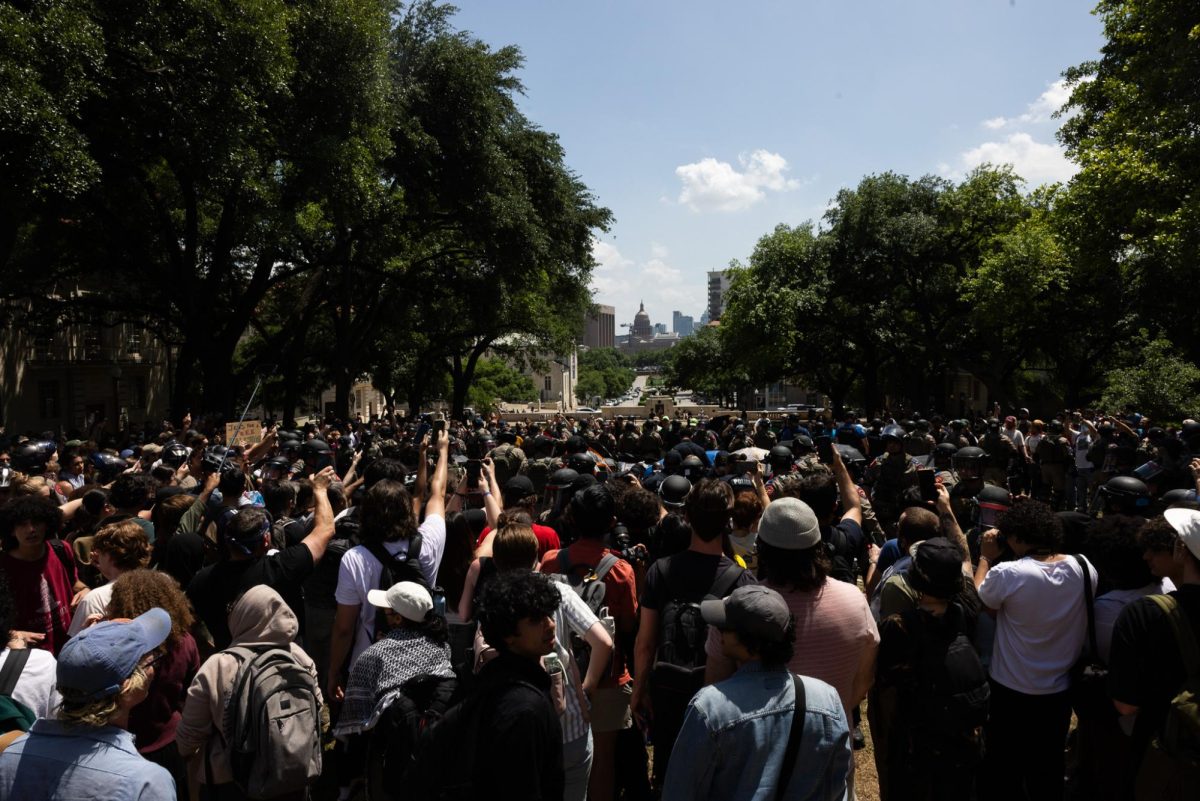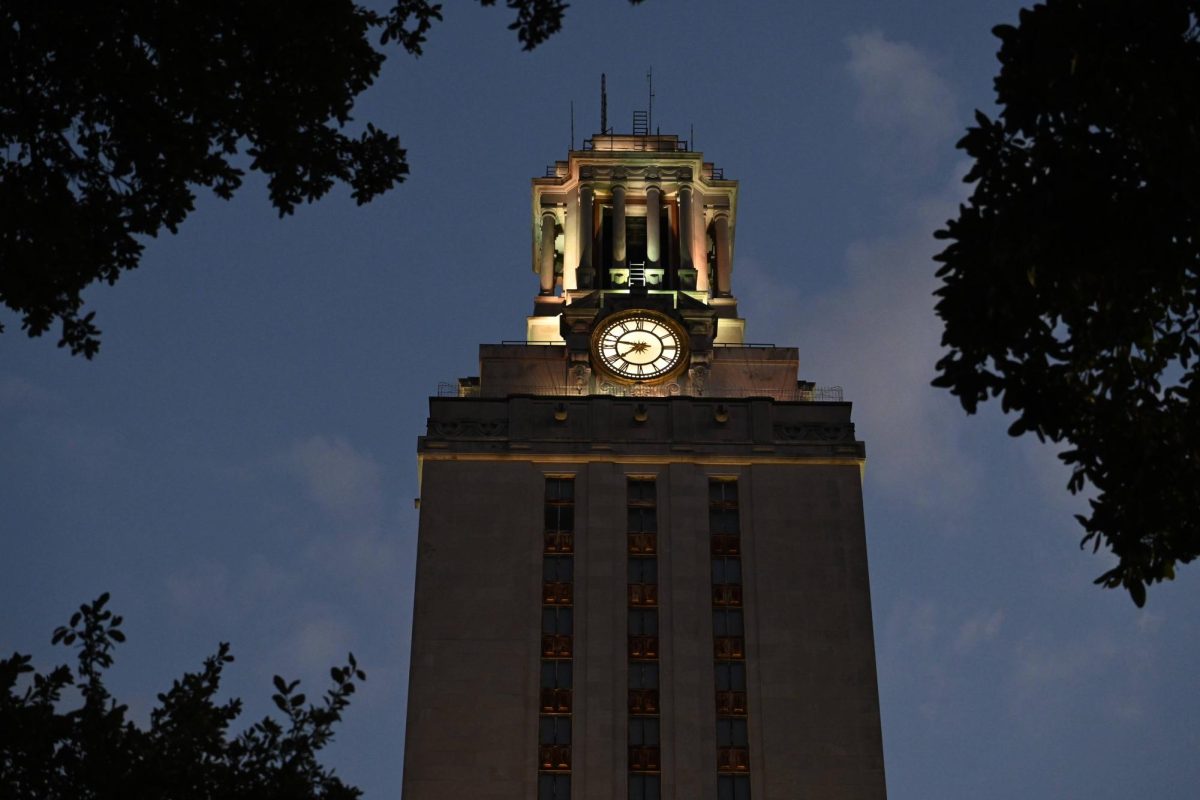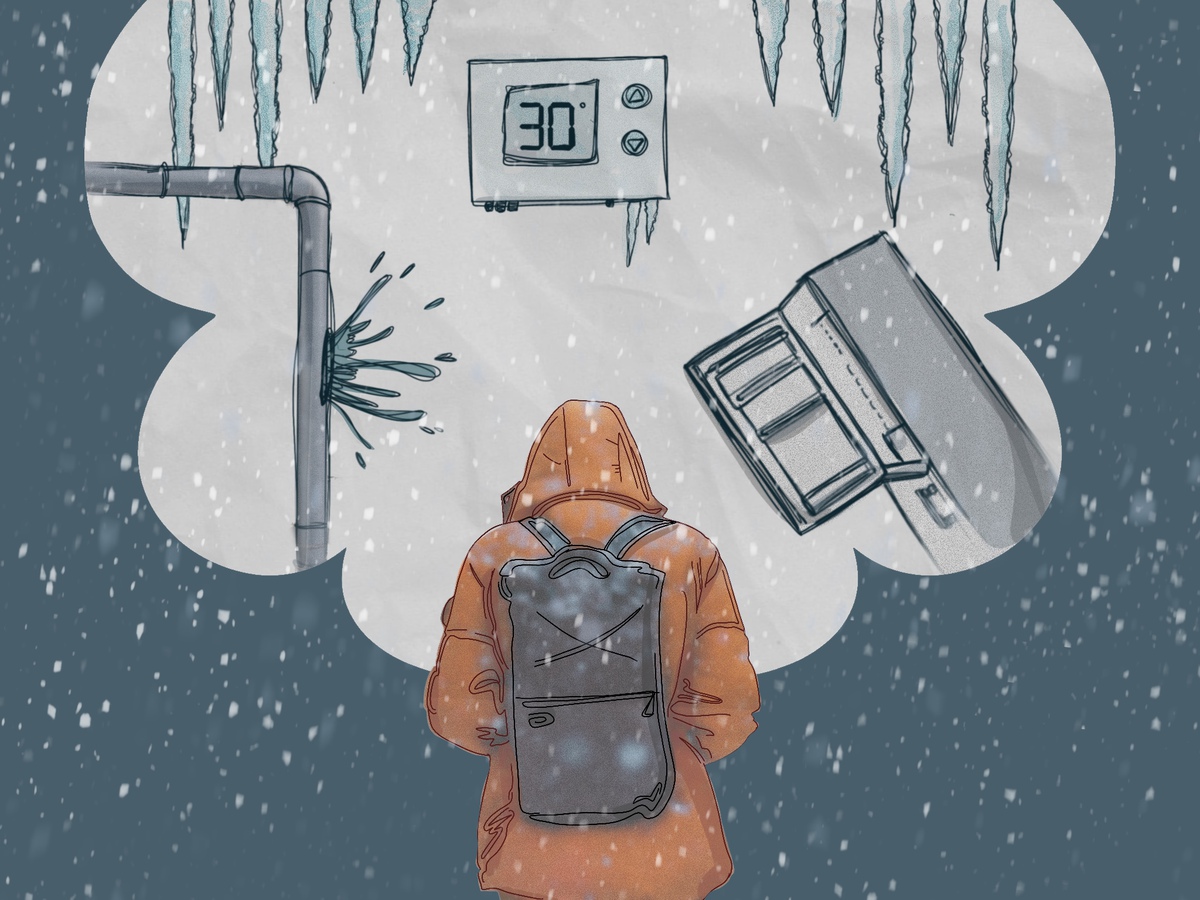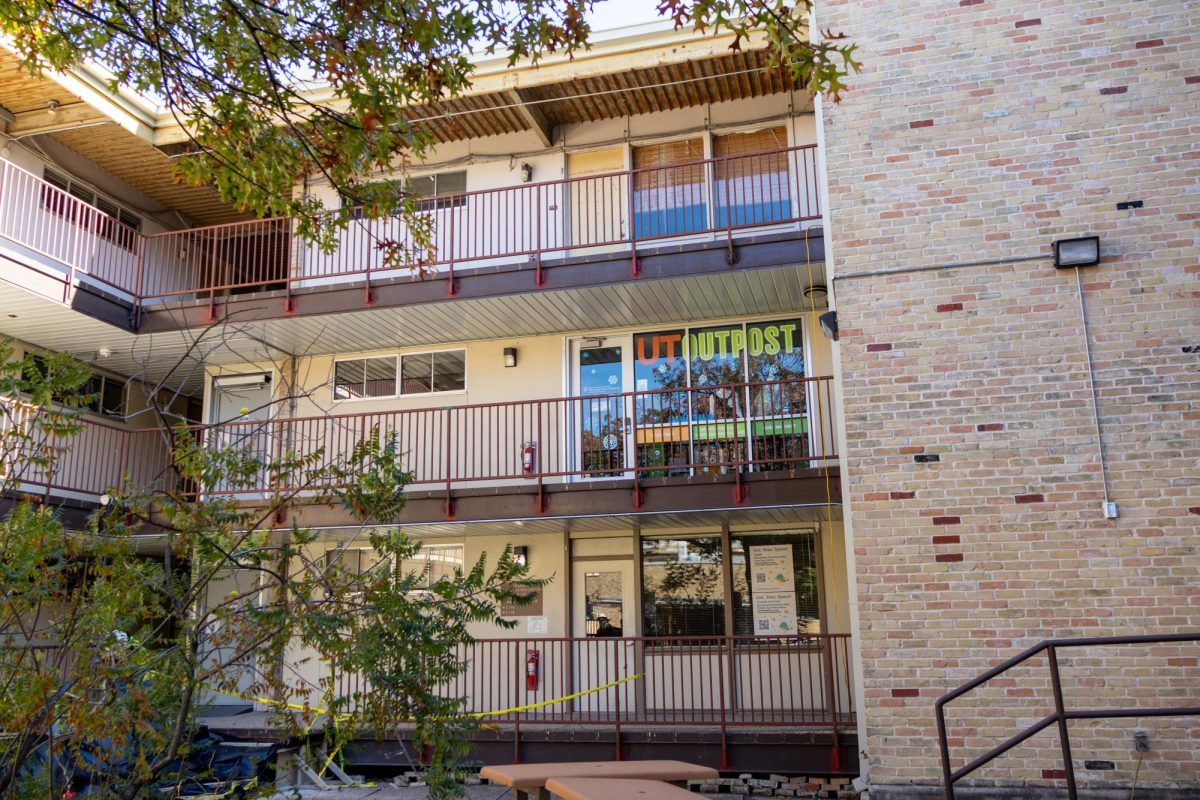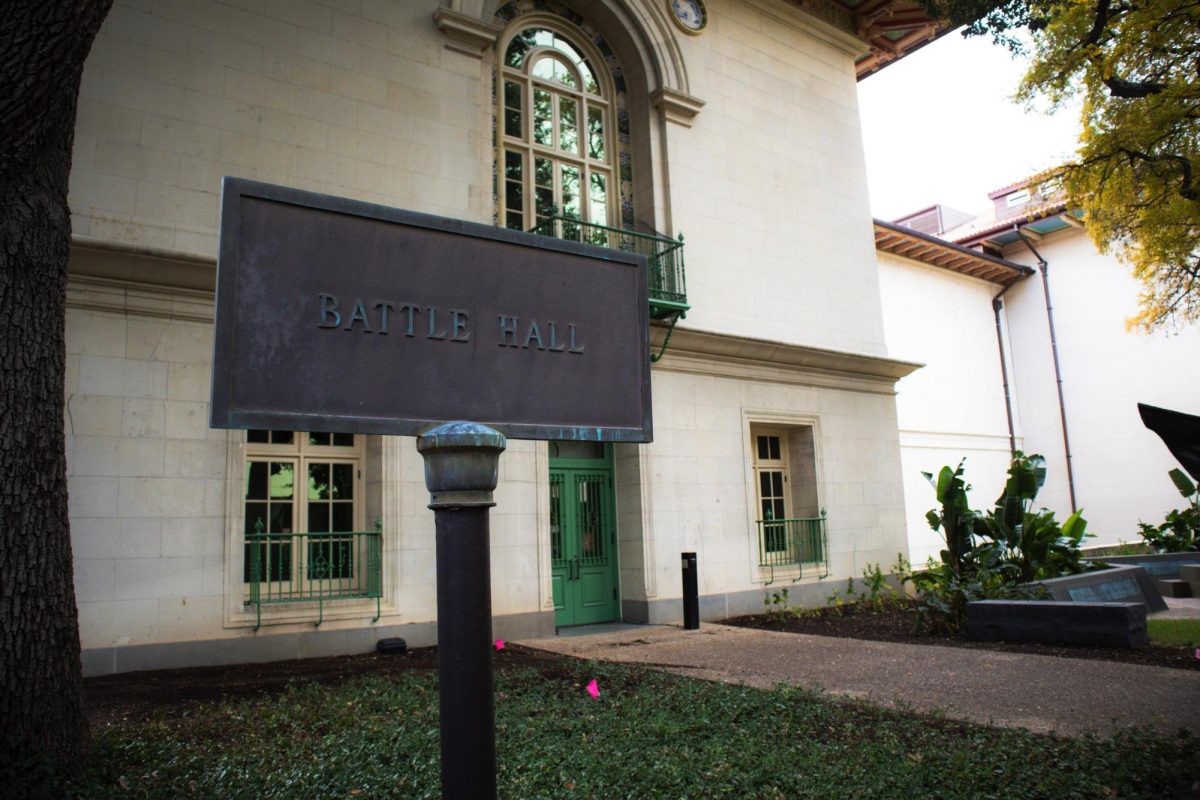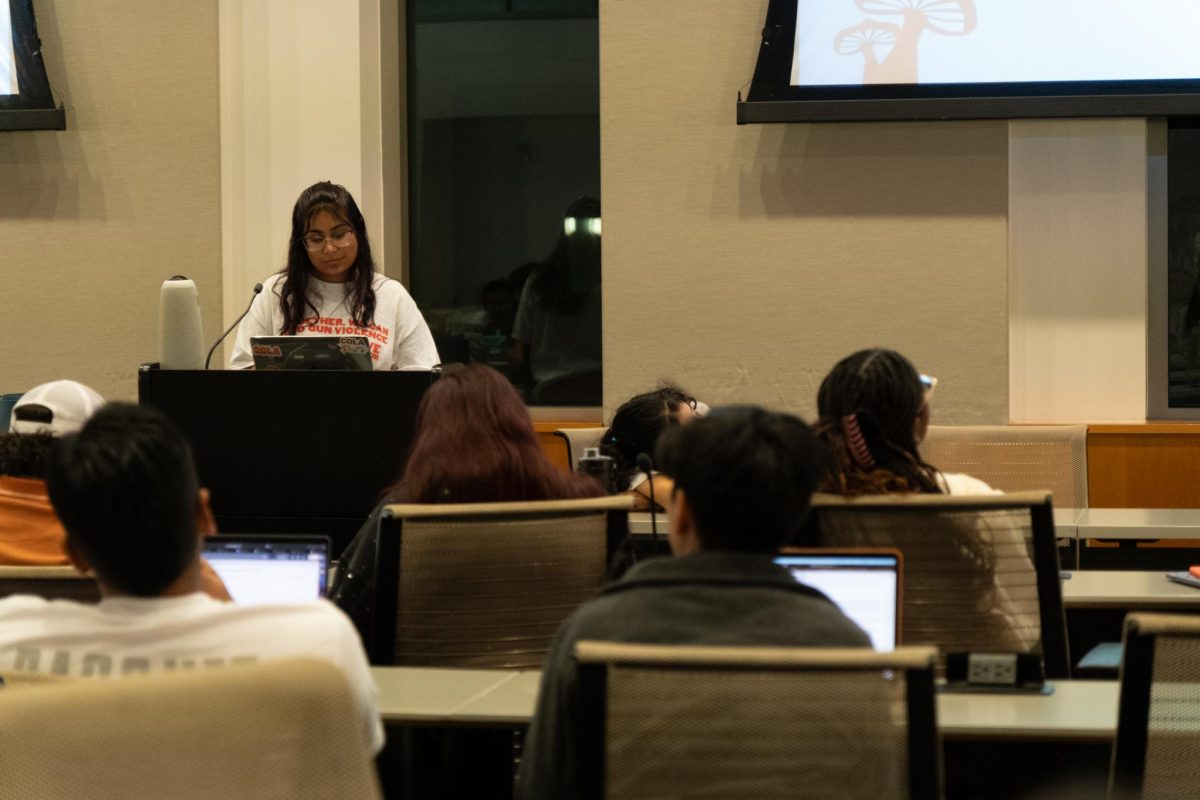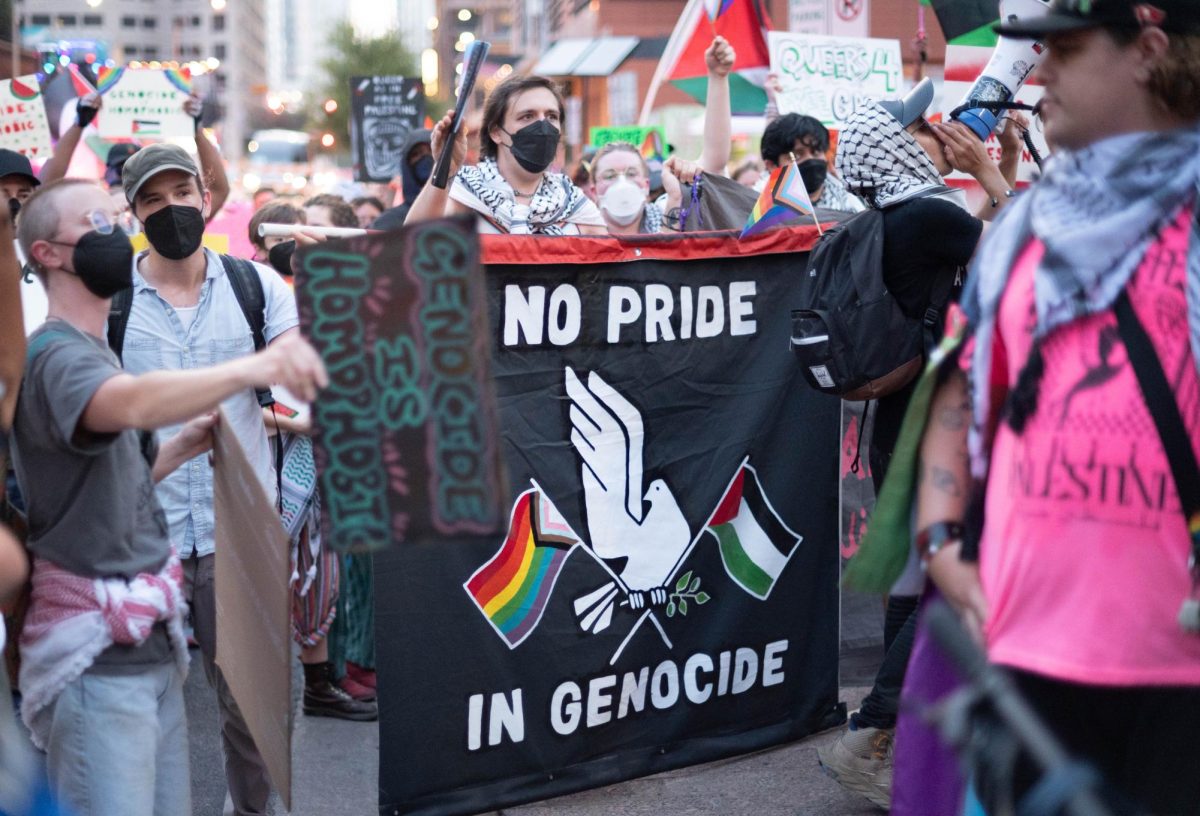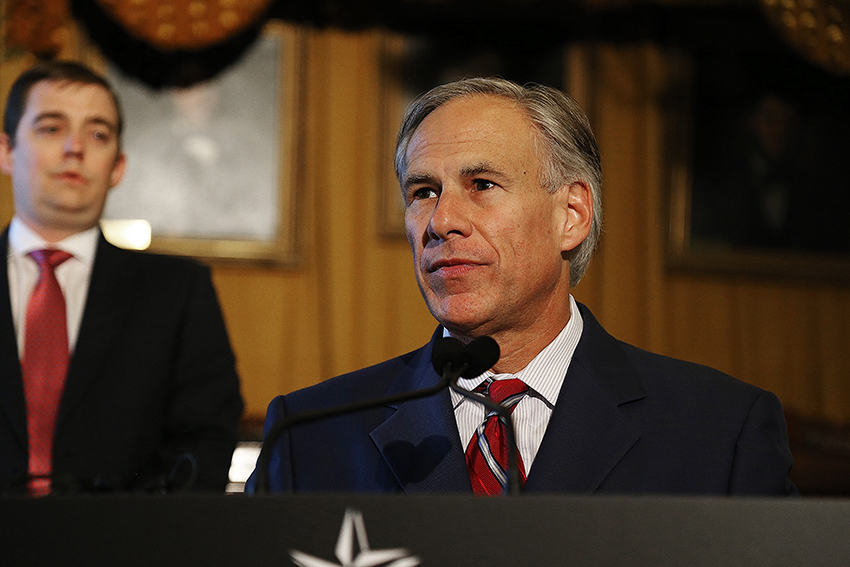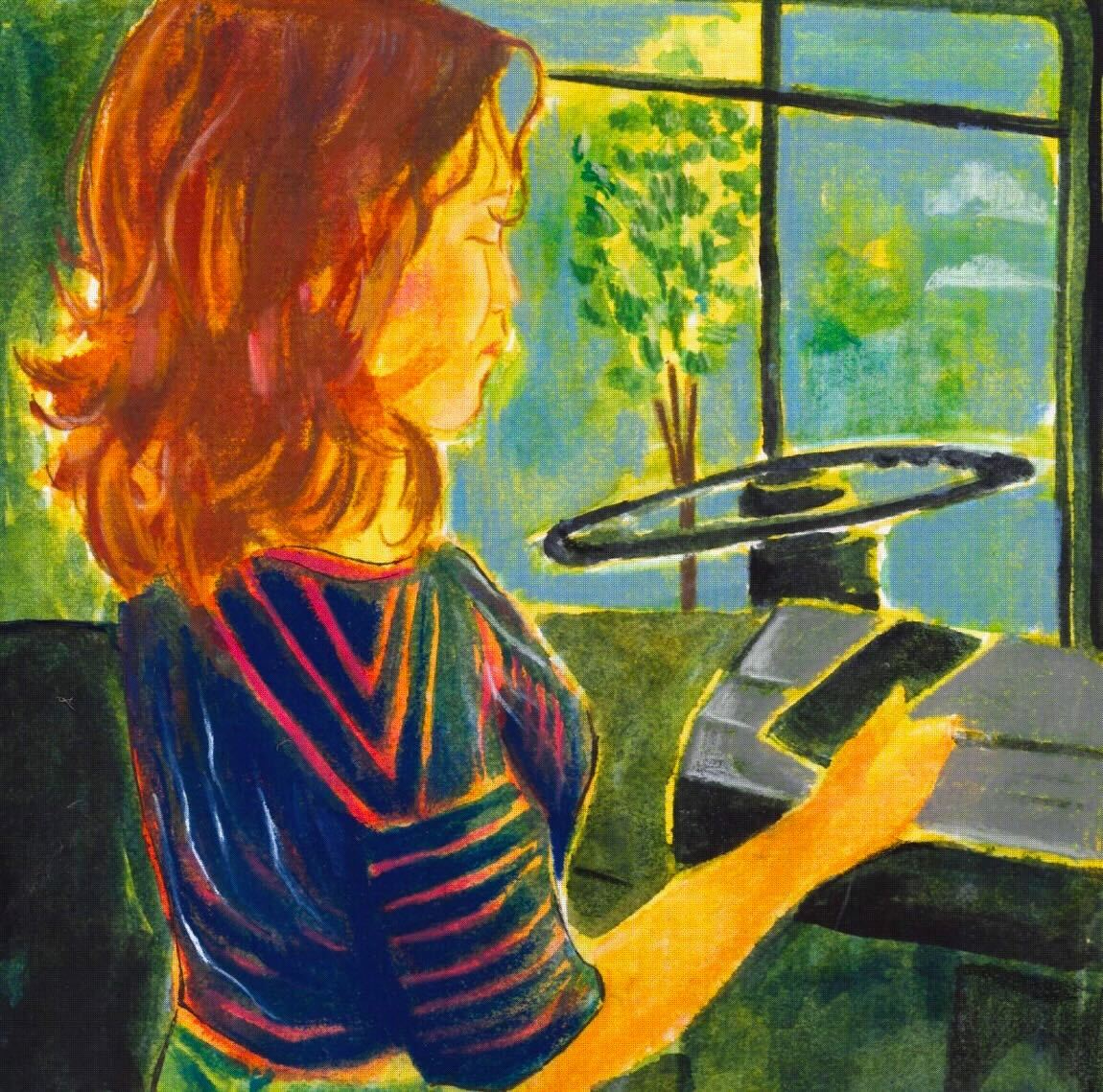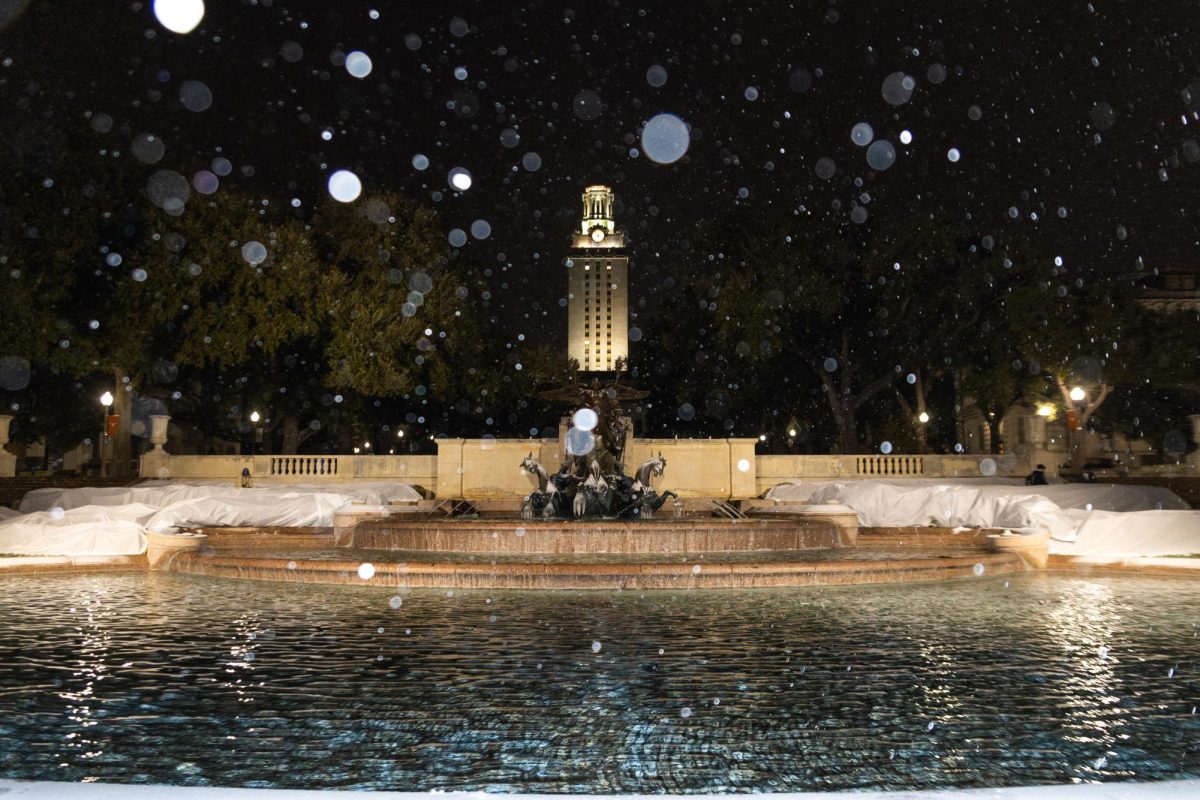As violence continues to unfold in Israel and Palestine, students with loved ones in the region find outlets for their grief on campus by attending events like vigils.
The Palestine Solidarity Committee hosted two vigils for those killed in Gaza on Oct. 18 and another one week later on Oct. 26.
At the Oct. 26 vigil, held at the Tower, students shared their stories and recited poems for those who have lost their lives in Gaza. The vigil drew a diverse crowd of close to 250 students, faculty and community members united in grief for the over 7,000 Palestinians killed in the ongoing conflict.
As the crowd held up candles and laid down flowers for the Oct. 18 vigil, several speakers spoke about the family they lost and how they find comfort in their own identities.
“I think it’s very beautiful to see that people are taking time out of their day to come and mourn with all of us,” said an anonymous neuroscience sophomore at the Oct. 26 vigil. “To come together as a community to show that we’re a united front and that the people in Gaza are not alone.”
Muslims of a variety of ethnicities joined in solidarity, sometimes at personal risk. Some wore keffiyehs to prevent being recognized or harassed, the neuroscience sophomore said.
“When I’m advocating for Palestine, I’m sacrificing a degree of my safety,” said an anonymous economics sophomore. “But as a Muslim, it’s not a choice for me to go to these kinds of events.”
In addition to student speakers, local religious leaders said a few words. Imam Islam Mossad, from the North Austin Muslim Community Center, offered some words of hope.
“In spite of all this, we still say ‘Alhamdulillah,’ which means ‘Praise be to God,’” Mossad said.
As the PSC met for their vigil on the 26th, Atidna at UT, the UT chapter of the non-profit Atidna International, which “seeks to solidify Arabs and Jews as cousins, not enemies” and to promote dialogue on Israel and Palestine, held a discussion for those mourning who have died, as well as talking about antisemitism and Islamophobia on campus.
At the beginning of the discussion, Elijah Kahlenberg, president and founder of the University’s Atidna chapter, tearfully reflected on his affected family in southern Israel. He also mentioned Islamophobia in the United States, pointing to the killing of a Palestinian-American six-year-old.
Kahlenberg asked students for a moment of silence to mourn all the innocent victims, Israeli and Palestinian alike.
“I don’t think one instance of wrongdoing justifies an atrocity against another people,” Kahlenberg said. “It’s necessary that not only Jews and Arabs be involved in this conversation, but everyone be involved because it doesn’t just impact one of us. It impacts all of us.”
Kahlenberg, alongside officers Samuel Weiss and Jadd Hashem, discussed their personal connections to the crisis.
“The map tells a story,” said Hashem, the head of Palestinian dialogue. “Unfortunately, (Israel) failed on delivering equal dignity for all people. When I refer to the map, I think about the villages of Palestinians hundreds of years ago, who now have been destroyed or people who had to move.”
Shir Biton, a friend of Weiss and a combat medic working for Israel’s national emergency health service organization, was one of 260 killed at an Israeli music festival on Oct. 7 by Hamas.
“I felt a lot of grief,” said Weiss, head of interfaith affairs. “Then, I instantly felt fear afterward. I am so afraid of how the Israeli people are going to react to this murder. I’m so afraid for the people living in Gaza, for the Palestinians who are going to suffer because of this.”
Hashem called for students to turn their grief into action and to focus on educating themselves and understanding the issue. At the core level, he said talking as humans is the first thing to do.
Editor’s note: A previous version of this story in paragraph 10 said “As the PSC met for their vigil on the 18th…” This has been corrected to “As the PSC met for their vigil on the 26th…” The Texan regrets this error.


